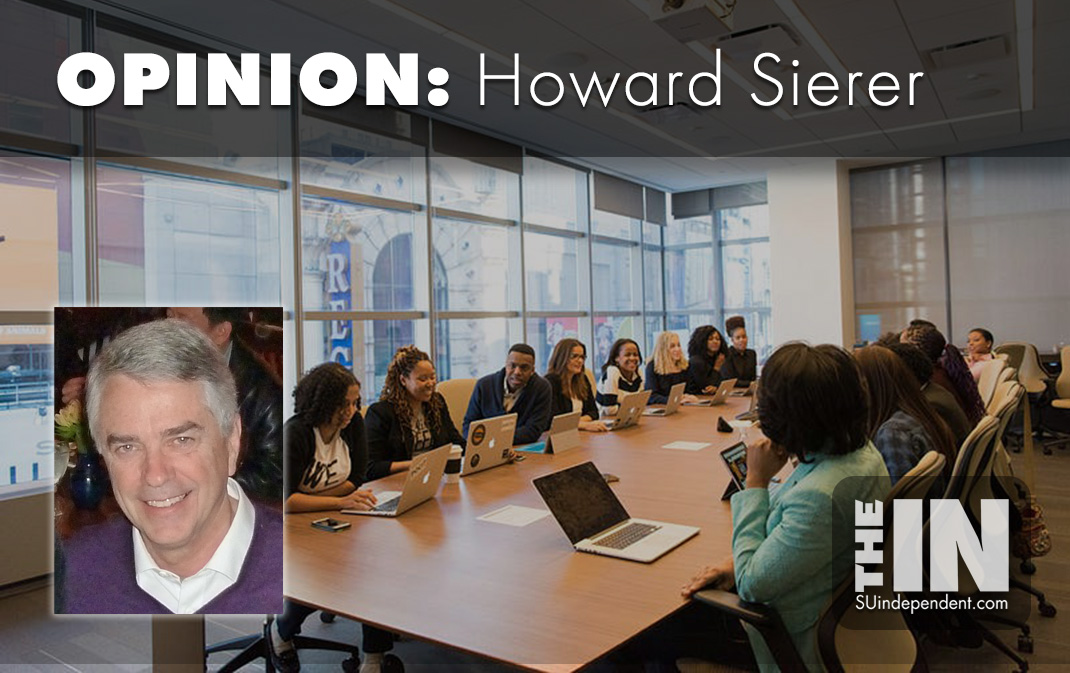
Are Merit and Diversity Incompatible?
– By Howard Sierer –
Merit, excellence and intelligence (MEI) are beginning to replace the progressive left’s increasingly-discredited diversity, equity and inclusion (DEI) as criteria in college admissions and hiring. It’s about time.
While DEI concepts originated in the 1960s, the movement entered the limelight in the wake of the George Floyd murder and subsequent riots across the country in 2020. Colleges, businesses and other organizations were encouraged to embrace DEI principles in admissions, hiring and promotions and were shamed by the leftist media if they resisted.
DEI offices and administrators sprang up like mushrooms as evidence of organizational commitment. A review of 65 large universities found they had on average 45 diversity staff members. For DEI departments around the country, the only way measure accomplishments was to count the number of women and minorities admitted, hired or promoted and compare those percentages to the population at large. But counting leads directly to quotas and quotas lead directly to reverse discrimination to fulfill them.
Organizations across the country openly flouted discriminatory admissions and hiring criteria in an effort to meet DEI quotas. Our own University of Utah’s hiring practices included explicit DEI statements [since removed from its website] making clear that it was interested only in “the recruitment of faculty from diverse backgrounds” and those who were “LGBTQIA+.”
These practices ended in June 2023 when the U.S. Supreme Court ruled that admissions practices used by Harvard and the University of North Carolina violated the Constitution’s 14th Amendment. The amendment’s equal protection clause bars racial discrimination by government entities and those receiving government funding. The ruling led to universities nationwide dramatically scaling back their DEI bureaucracies.
While the ruling specifically pertained to universities, an increasing number of businesses have reexamined their DEI practices, wanting to re-enthrone the merit, excellence and intelligence needed to compete in today’s increasingly competitive environment.
Scale AI CEO Alexandr Wang says MEI means hiring the best candidates for open positions without considering demographics. Wang explains his thinking on the company website: “A hiring process based on merit will naturally yield a variety of backgrounds, perspectives, and ideas,” adding that casting a wide recruiting net was important. “We will not pick winners and losers based on someone being the ‘right’ or ‘wrong’ race, gender, and so on.”
Microsoft and Tractor Supply are among the latest companies to sack their DEI staff and return to merit as the primary criterion for making hiring and promotion decisions. Coinbase CEO Brian Armstrong and Sequoia Capital partner Shaun Maguire have expressed their frustration with DEI and their support of MEI policies.
DEI advocates argue that despite management’s best intentions, unconscious biases can result in discrimination and to workforces that are skewed toward mirroring an organization’s management makeup. MEI practitioners agree that hidden biases are problematic not because they produce a nondiverse workforce but because they can lead to bad hires.
Jim Kandrac, CEO of healthcare management company Contract Guardian, explains how he minimizes hiring mistakes. He says he finds good talent by having a panel of three colleagues interview candidates before he does. Kandrac doesn’t have diversity goals and doesn’t track worker demographics but says a diverse mix follows organically when more people are involved in hiring.
I believe the country will be better served as more managers adopt policies like Kandrac’s. When talent and merit guide decision making, Martin Luther King’s vision of a colorblind society will take another step closer to fulfillment.



